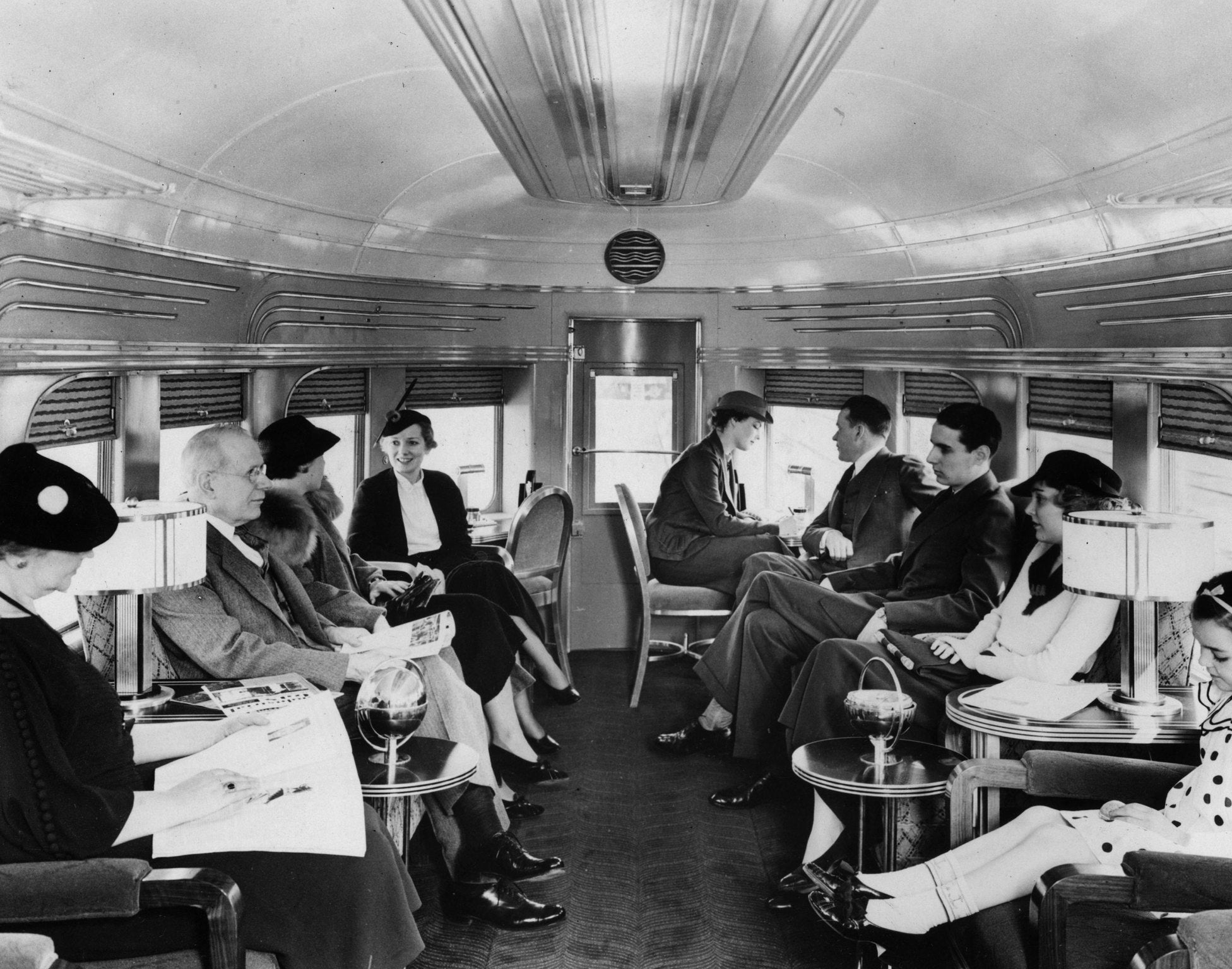Why I'm shouting about the tragic demise of the quiet carriage
Forcing us to overhear dull phone conversations should be regarded as an offensive act


Your support helps us to tell the story
From reproductive rights to climate change to Big Tech, The Independent is on the ground when the story is developing. Whether it's investigating the financials of Elon Musk's pro-Trump PAC or producing our latest documentary, 'The A Word', which shines a light on the American women fighting for reproductive rights, we know how important it is to parse out the facts from the messaging.
At such a critical moment in US history, we need reporters on the ground. Your donation allows us to keep sending journalists to speak to both sides of the story.
The Independent is trusted by Americans across the entire political spectrum. And unlike many other quality news outlets, we choose not to lock Americans out of our reporting and analysis with paywalls. We believe quality journalism should be available to everyone, paid for by those who can afford it.
Your support makes all the difference.I had five hours in the company of First Great Western last weekend, on a packed train - the earlier service had been cancelled - all the way from Cornwall to London.
I got to know some of my fellow passengers rather well. Not through talking to them, you understand, but by the involuntary act of listening to them on their mobile phones.
There was the youth who was explaining to his friend exactly how much he'd had to drink the previous night. Opposite him was a young woman who was very excited to be going to Lanzarote for her summer holiday.
And then there was the man who I took to be a car mechanic, so detailed and technical was his conversation about a second hand Audi. Everyone had a different, annoying ringtone, and none of the conversations I was forced to hear was particularly interesting: of course, it doesn't help when you only hear one half of the exchange.
By the end of the journey, I was silently raging against the modern world, and feeling especially murderous towards First Great Western who, on the odd moment when our carriage fell silent, would make an announcement about the buffet car either opening or closing.
First Great Western seem to have a crusade against peace and solitude, having dispensed with quiet carriages - welcome refuges where passengers were requested not to use mobiles - on the questionable pretext that getting rid of them increases capacity on their trains. How so?
Another rail firm, CrossCountry, followed this lead, and got rid of their quiet carriages, saying that the imprecation to be silent was being flouted and this was causing disputes between passengers. I'm not sure how much of a problem this actually was: we are British, after all, and, by and large, a polite request is generally met with a polite acquiescence.
I wonder whether it's an age thing, the fact that I grew up in an era long before mobiles were invented, but I cannot understand why people are happy for strangers to overhear their telephone conversations. In fact, you'd be forgiven for thinking that they actively want you to hear what they've got to say, as if it gives some sort of validation to their lives, makes them important, or popular, or knowledgable.
I, meanwhile, have a phobia about others overhearing what I'm saying, not that I'm guarding my privacy, but because I don't want to inflict the minutiae of my life on others.
I suppose the idea of quiet carriages is flawed. We shouldn't have to create special zones where anti-social behaviour is frowned upon. Forcing people to listen to dreary mobile phone conversations should be regarded as an offensive act.
We need new rules of engagement, a code of behaviour that takes into account the mores of the modern world. Every train carriage should, in theory, be quiet. Why can't that be the standard? It is possible to change public custom and practice.
It's not so long ago that pavements were littered with dog mess: now it's vastly the norm that dog owners clean up after their pets. And once we restore peace and quiet to trains, we can then move on and stop people bringing fast food on them, too.
Join our commenting forum
Join thought-provoking conversations, follow other Independent readers and see their replies
Comments